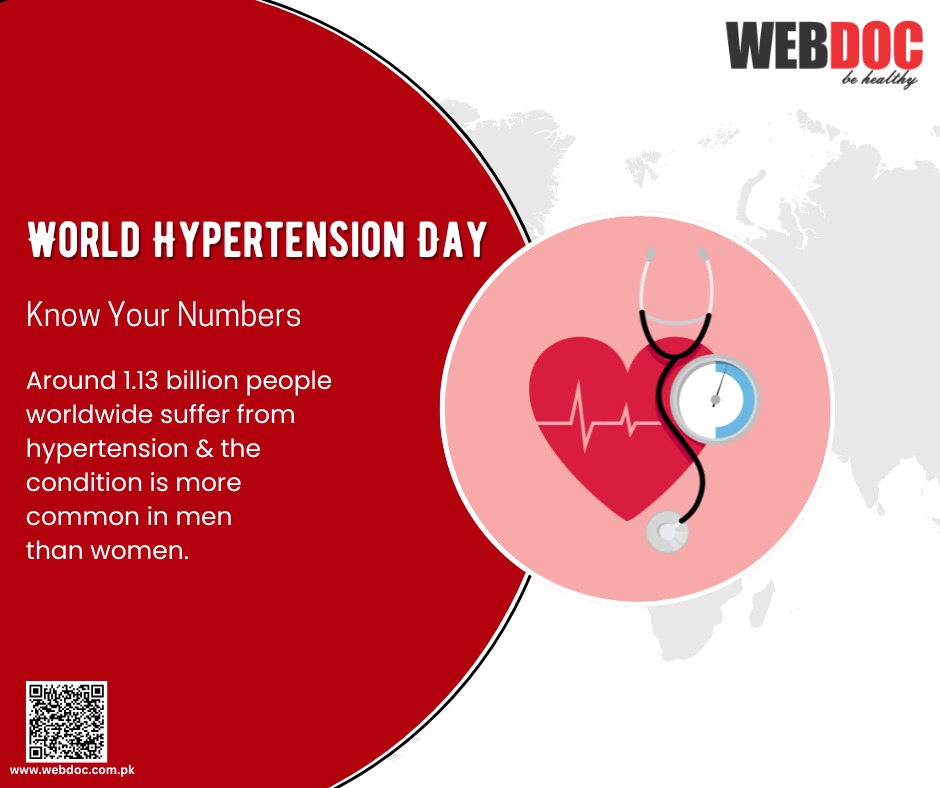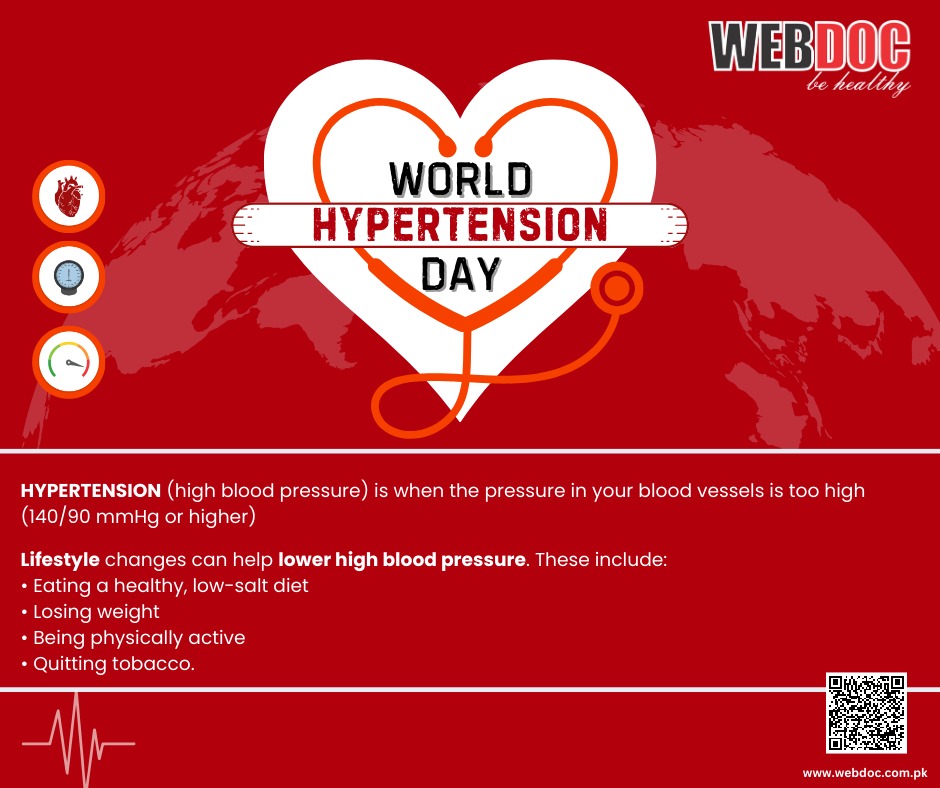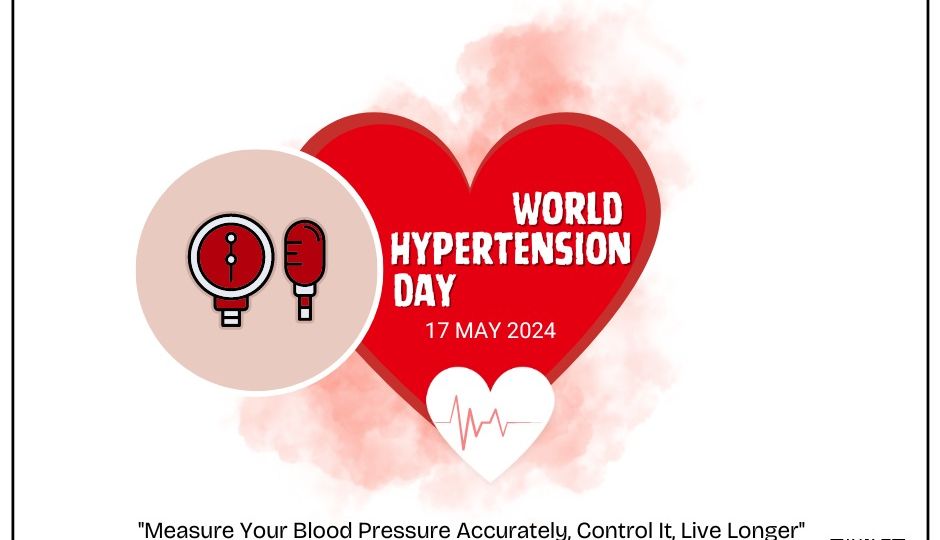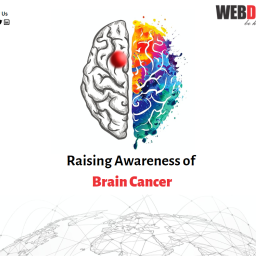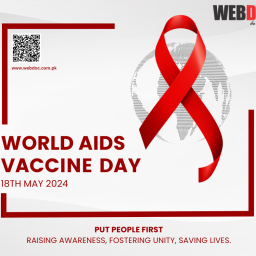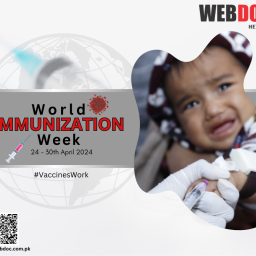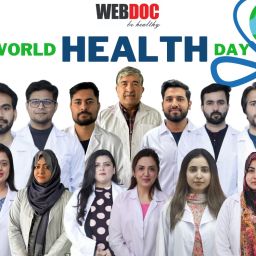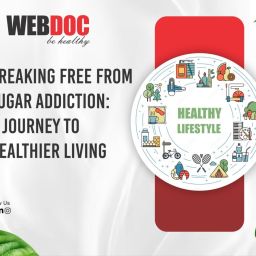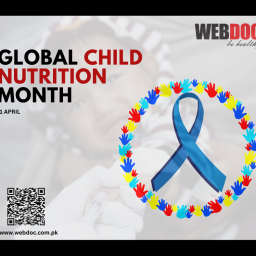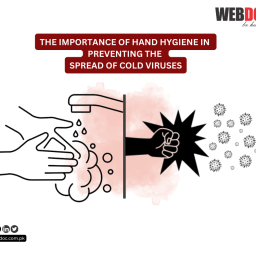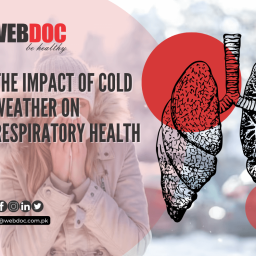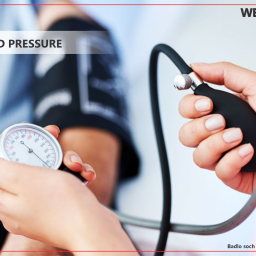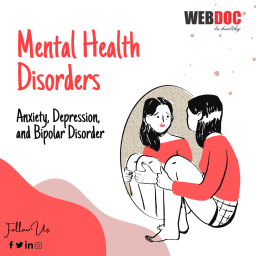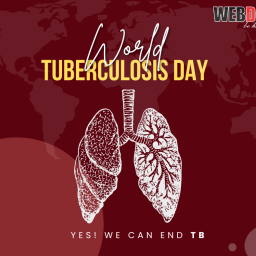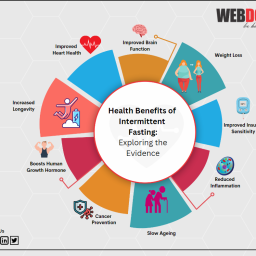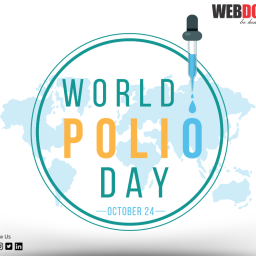Understanding the Silent Killer
Every year, on May 17th, the world observes World Hypertension Day, an occasion aimed at raising awareness about the silent epidemic of hypertension, also known as high blood pressure. This global initiative serves to highlight the importance of early detection, prevention, and management of this condition, which affects millions of people worldwide. In this article, we delve into the significance of World Hypertension Day, the impact of hypertension on health, and strategies for prevention and management.
Understanding Hypertension:
Hypertension is a chronic medical condition characterized by elevated blood pressure in the arteries. Blood pressure is the force exerted by circulating blood against the walls of the blood vessels. It is measured in millimeters of mercury (mmHg) and expressed as two numbers: systolic pressure (the pressure when the heart beats) over diastolic pressure (the pressure when the heart is at rest).
A blood pressure reading of 120/80 mmHg is considered normal. However, when the blood pressure consistently exceeds this range, it is diagnosed as hypertension. Hypertension is often referred to as the “silent killer” because it typically does not cause symptoms until it has reached advanced stages and caused significant damage to the heart, blood vessels, kidneys, and other organs.
Global Burden of Hypertension:
Hypertension is a major public health concern worldwide, affecting people of all ages, races, and socio-economic backgrounds. According to the World Health Organization (WHO), hypertension is the leading cause of cardiovascular disease, responsible for an estimated 7.5 million deaths annually. Moreover, it is a significant risk factor for other serious health conditions, including stroke, heart attack, kidney disease, and dementia.
The prevalence of hypertension is on the rise globally, primarily due to unhealthy lifestyle habits such as poor diet, lack of physical activity, tobacco use, excessive alcohol consumption, and stress. Additionally, factors such as aging, genetics, obesity, and certain underlying medical conditions can contribute to the development of hypertension.
Importance of World Hypertension Day:
World Hypertension Day plays a crucial role in raising awareness about the importance of blood pressure monitoring, early detection, and lifestyle modifications to prevent and manage hypertension. The campaign aims to educate individuals, communities, healthcare professionals, and policymakers about the risk factors associated with hypertension and the steps that can be taken to reduce its prevalence and impact.
Through various initiatives, including public health campaigns, educational programs, screening events, and advocacy efforts, World Hypertension Day seeks to empower individuals to take control of their blood pressure and adopt healthier lifestyles. By promoting regular blood pressure monitoring, encouraging healthy eating habits, promoting physical activity, and advocating for smoking cessation and stress management, the campaign aims to reduce the burden of hypertension and its associated complications.
Prevention and Management Strategies:
Preventing and managing hypertension requires a multifaceted approach that encompasses lifestyle modifications, pharmacological interventions, and regular monitoring. Here are some strategies recommended for the prevention and management of hypertension:
Healthy Diet:
Adopting a diet rich in fruits, vegetables, whole grains, lean proteins, and healthy fats while limiting salt, sugar, saturated and trans fats can help lower blood pressure and reduce the risk of hypertension.
Regular Exercise:
Engaging in regular physical activity, such as brisk walking, jogging, swimming, cycling, or dancing, can help lower blood pressure, improve cardiovascular health, and maintain a healthy weight.
Weight Management:
Maintaining a healthy weight through a balanced diet and regular exercise is essential for preventing and managing hypertension. Excess body weight, especially around the waist, increases the risk of high blood pressure.
Limiting Alcohol and Tobacco Use:
Excessive alcohol consumption and tobacco use are significant risk factors for hypertension and cardiovascular disease. Quitting smoking and moderating alcohol intake can help lower blood pressure and improve overall health.
Stress Management:
Chronic stress can contribute to high blood pressure. Practicing relaxation techniques such as deep breathing, meditation, yoga, and mindfulness can help reduce stress levels and lower blood pressure.
Regular Monitoring:
Monitoring blood pressure regularly, either at home or through healthcare professionals, is essential for early detection and management of hypertension. Individuals with hypertension should adhere to their treatment plans and follow up with their healthcare providers regularly.
Medication:
In some cases, lifestyle modifications alone may not be sufficient to control blood pressure, and medication may be necessary. Antihypertensive medications prescribed by healthcare professionals can help lower blood pressure and reduce the risk of complications.
Consequences of Untreated Hypertension:
Unchecked hypertension poses grave consequences for both individuals and healthcare systems worldwide. Prolonged elevation in blood pressure can inflict irreversible damage to vital organs, including the heart, brain, kidneys, and blood vessels. Complications may manifest as coronary artery disease, heart failure, stroke, peripheral arterial disease, and chronic kidney disease, substantially compromising quality of life and increasing healthcare expenditure.
The Role of Technology:
Advancements in technology have revolutionized hypertension management, offering innovative tools and solutions to enhance monitoring, diagnosis, and treatment. Wearable devices, smartphone applications, and telemedicine platforms enable convenient home monitoring of blood pressure, facilitating early detection of fluctuations and timely intervention. Artificial intelligence (AI) algorithms hold promise in predicting cardiovascular risk and personalizing treatment strategies based on individual patient data.
Global Initiatives and Advocacy:
World Hypertension Day serves as a catalyst for global initiatives aimed at raising awareness, fostering collaboration, and implementing effective strategies to combat hypertension. Governments, healthcare organizations, non-profit agencies, and pharmaceutical companies play pivotal roles in advocating for hypertension prevention, screening, and treatment programs. Public health campaigns, educational workshops, and community outreach efforts strive to empower individuals with knowledge and resources to take control of their cardiovascular health.
Conclusion:
World Hypertension Day serves as a reminder of the importance of prioritizing cardiovascular health and taking proactive steps to prevent and manage hypertension. By raising awareness, promoting healthy lifestyles, and advocating for accessible healthcare services, we can collectively work towards reducing the global burden of hypertension and improving the quality of life for millions of people worldwide. Remember, your blood pressure matters – get it checked regularly, know your numbers, and take action to protect your heart health.
